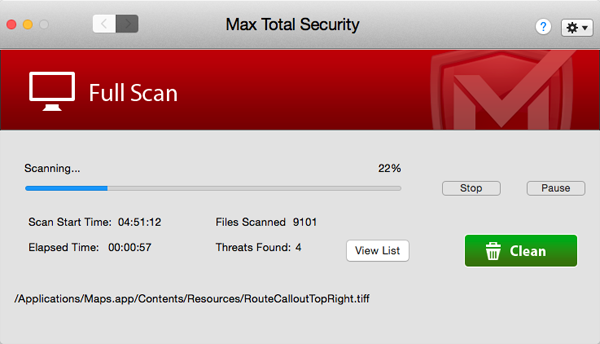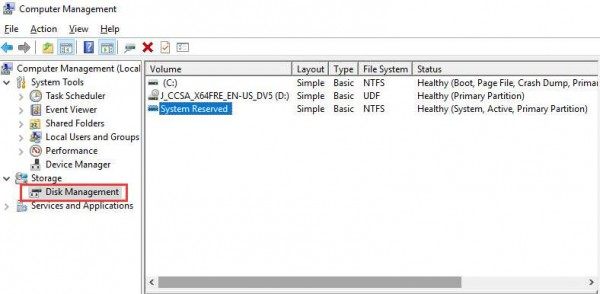
 I recently received an email with a virus from a pc user. Emails were sent to everyone in her address book. I didnt open the file but did preview it.
I recently received an email with a virus from a pc user. Emails were sent to everyone in her address book. I didnt open the file but did preview it.
How can I find out if the (or any) virus is sitting on my computer, ready to infect my pc user friends (trojan horse?) I tried downloading Avast, Clam etc. But none of them work on older OSX versions 10.4.11. I am also using Entourage and Safari browser. I cant upgrade to later os as my software wont work with them. So what im looking for is something to check whether I have the virus and then a protection to keep me from getting others (mostly pc, of course). Any help for us dinosaurs will be gratefully accepted.I inherited this computer so dont know if it has virus protection software already.
A Windows virus cannot affect OS X, but it can be passed on: There are many forms of ‘Malware’ that can affect a computer system, of which ‘a virus’ is but one type, ‘trojans’ another. Using the strict definition of a computer virus, no viruses that can attack OS X have so far been detected 'in the wild', i.e. In anything other than laboratory conditions. The same is not true of other forms of malware, such as Trojans. Whilst it is a fairly safe bet that your Mac has NOT been infected by a virus, it may have another security-related problem, but more likely a technical problem unrelated to any malware threat. You may find this User Tip on Viruses, Trojan Detection and Removal, as well as general Internet Security and Privacy, useful: The User Tip (which you are welcome to print out and retain for future reference) seeks to offer guidance on the main security threats and how to avoid them.

More useful information can also be found here. A Windows virus cannot affect OS X, but it can be passed on: There are many forms of ‘Malware’ that can affect a computer system, of which ‘a virus’ is but one type, ‘trojans’ another. Using the strict definition of a computer virus, no viruses that can attack OS X have so far been detected 'in the wild', i.e.
In anything other than laboratory conditions. The same is not true of other forms of malware, such as Trojans. Whilst it is a fairly safe bet that your Mac has NOT been infected by a virus, it may have another security-related problem, but more likely a technical problem unrelated to any malware threat. You may find this User Tip on Viruses, Trojan Detection and Removal, as well as general Internet Security and Privacy, useful: The User Tip (which you are welcome to print out and retain for future reference) seeks to offer guidance on the main security threats and how to avoid them. More useful information can also be found here.
Chili5 wrote: I recently received an email with a virus from a pc user. Emails were sent to everyone in her address book.
I didnt open the file but did preview it. How can I find out if the (or any) virus is sitting on my computer, ready to infect my pc user friends (trojan horse?) I'll just note that Klaus1 is exactly right about Windows viruses not impacting a Mac. I tried downloading Avast, Clam etc. But none of them work on older OSX versions 10.4.11. Works with Tiger.Any help for us dinosaurs will be gratefully accepted.
Quicktime 7.5.5 update for mac. Quicktime 7.5.5 free download - Apple Compatibility Update for QuickTime 7.5.5, Apple System 7.5.5 Update, Bigasoft QuickTime Converter, and many more programs.
May 3, 2013 - So, we now officially recommend Sophos as our Mac antivirus of choice. Supports OS X up to 10.8 and back to 10.4, and is completely free for all versions. The threats don't warrant you dropping money on software to keep. Mac os x 10 10 free download - Mac OS X Update, Mac OS X Server Update, Java Update for Mac OS X 10.3.9, and many more programs.
I'm sure I don't need to tell you that your OS was released five years ago and has not had an update in over three years. Use of Java in your browser makes you vulnerable to at least one drive-by Trojan and there could be more in the future. All but one recent malware attacks will only run on Intel Macs, but Tiger has none of the protective features of currently supported versions, making you vulnerable to many older bits of malware, though it's not likely many of them are in circulation. Your best defense is to practice safe computing disciplines. Minimize your use of the Internet, where possible. Leave Java (not JavaScript) turned off in Safari and any other browser you might be tempted to use. Make sure you fully understand what is going on before entering your admin password or approving a site certificate.